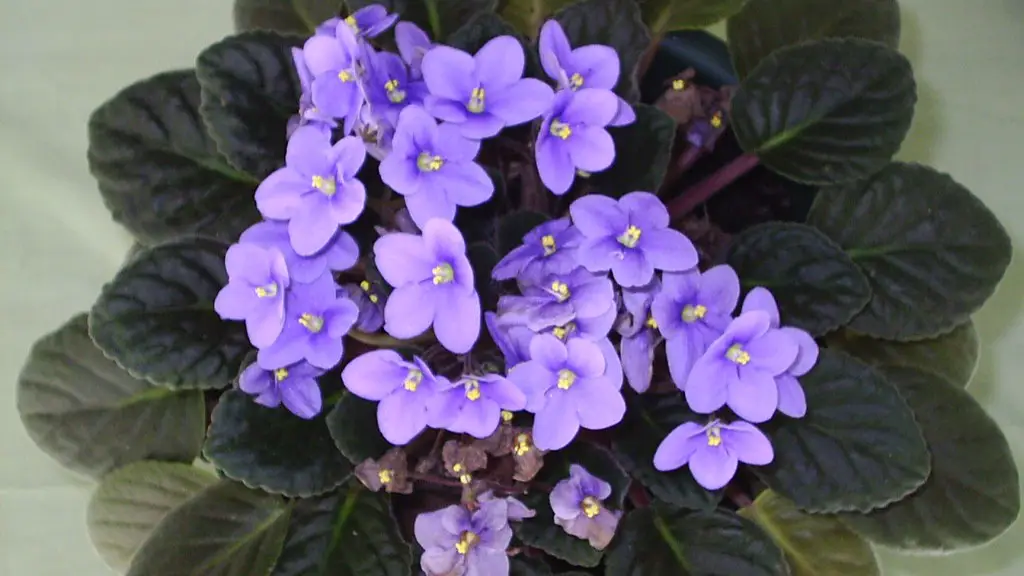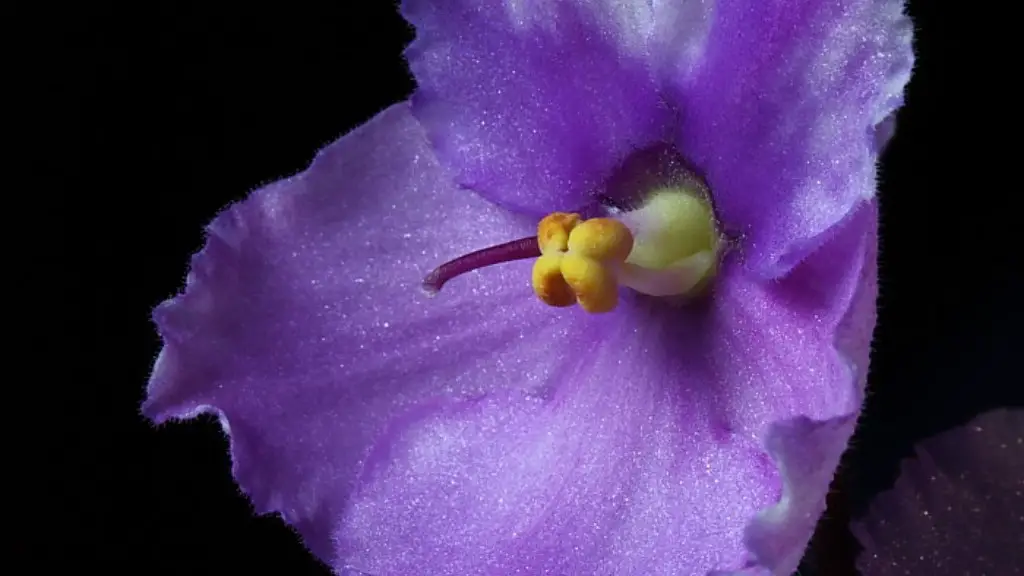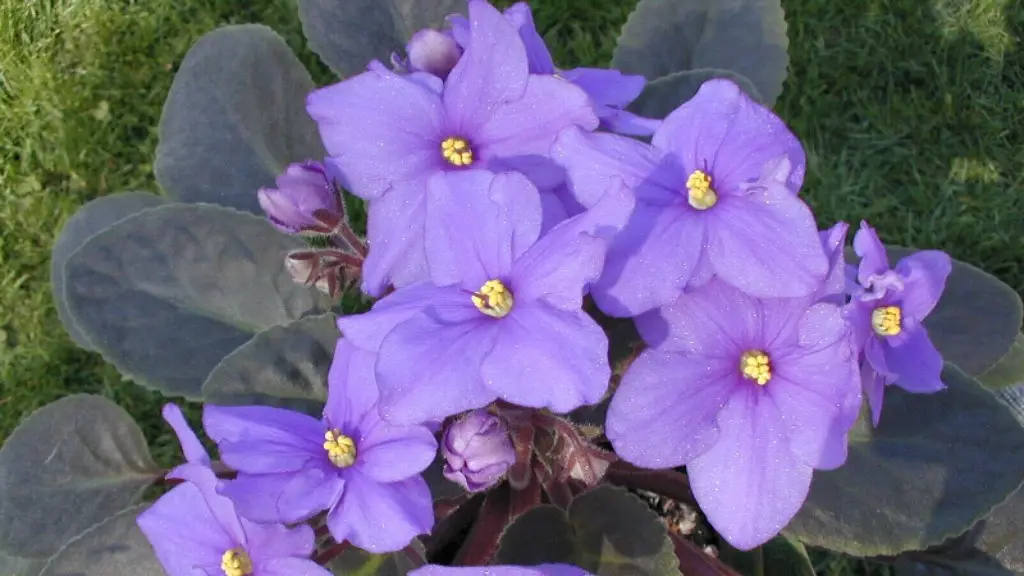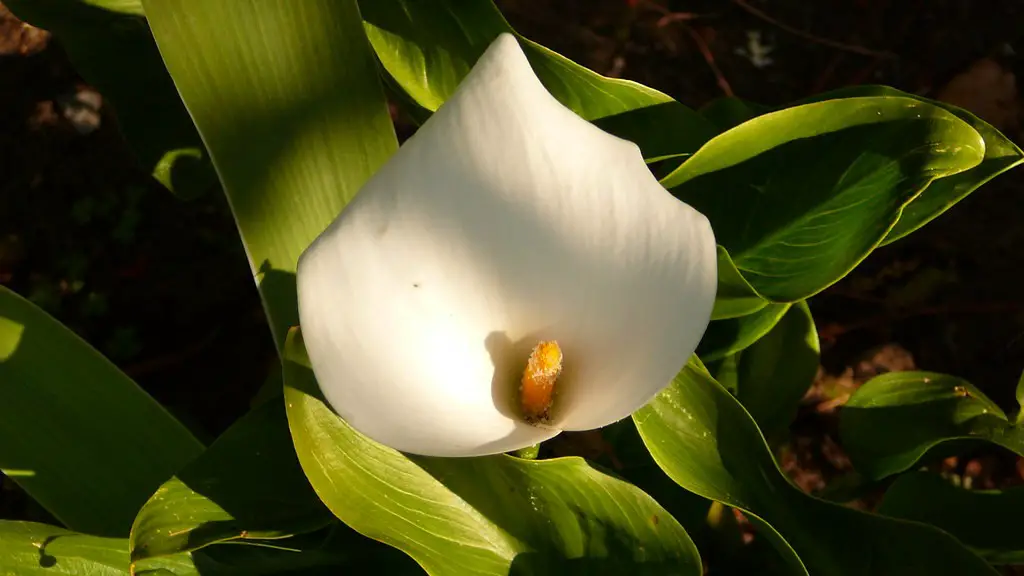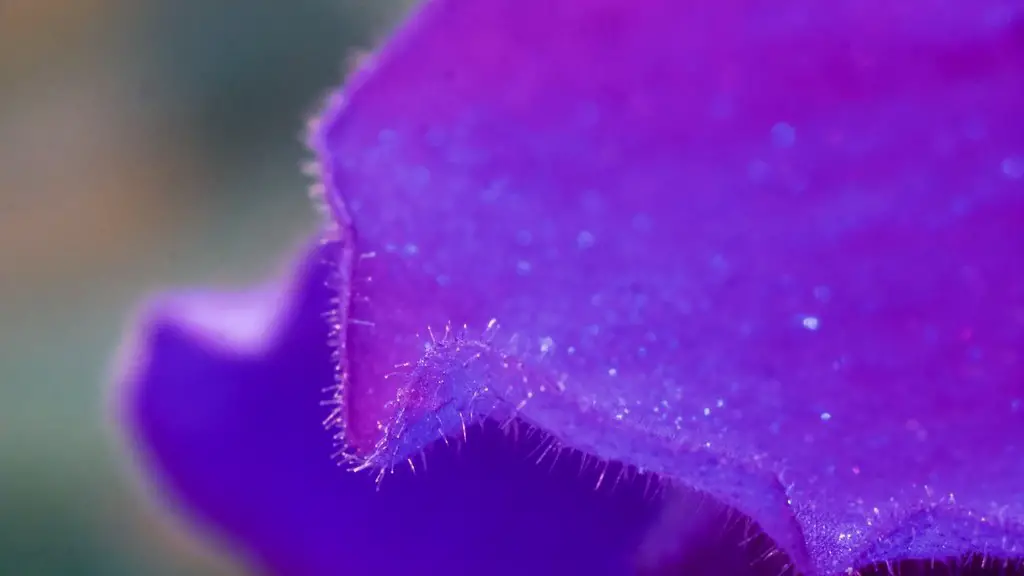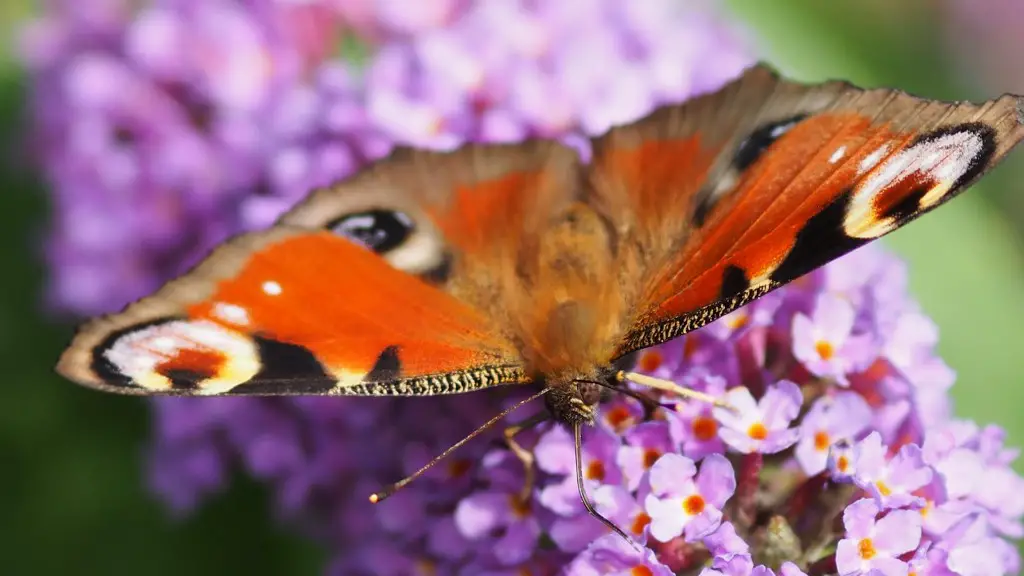African violets are one of the most popular houseplants, and for good reason! They’re relatively easy to care for, come in a wide range of colors, and flowers appear throughout the year. One important thing to keep in mind when caring for African violets, however, is that they are acid-loving plants. This means that the soil they’re planted in should have a slightly acidic pH (between 6.0 and 6.5 is ideal). If the soil is too basic (pH above 7.0), it can cause the leaves to yellow and the flowers to fade. Luckily, there are plenty of soil mixes available specifically for acid-loving plants. With a little care, your African violets will thrive and provide you with beautiful blooms for years to come.
Yes, African violets are acid loving plants. They prefer a soil pH of 5.5 to 6.5.
What is the best fertilizer for African violets?
African violets are a type of plant that can benefit from using a fertilizer that is specifically designed for them. This type of fertilizer is typically a balanced fertilizer that contains all of the major plant nutrients, including nitrogen, phosphorus, and potassium. Nitrogen is especially important for the growth and development of leaves and stems.
Adding a fertilizer to your African violet will help it to grow by providing it with the nutrients it needs. You don’t need to specifically look for an acidic fertilizer, as a standard water-soluble fertilizer will work just fine.
Do African violets like acidic or alkaline soil
African violets are a type of plant that thrives in well-drained, slightly acidic soil. This type of soil is typically found in areas with high rainfall and humidity levels. African violets require a lot of moisture to survive and thrive, so it is important to make sure that their soil is always moist.
Epsom salts are a great way to provide plants with essential magnesium and sulfur. These two minerals are needed to produce beautiful blooms and healthy foliage. To use, mix one and a half teaspoons of Epsom salts in a quart of tepid water and swirl to dissolve. Water your African violets (below the leaves) with this solution once a month.
Are coffee grounds good for African violets?
Coffee grounds are slightly acidic and contain nitrogen, which helps plants grow healthy foliage. Occasionally sprinkling used coffee grounds on top of your African violet potting soil can be good for the plant.
African violets are a type of plant that need indirect sunlight to thrive. Direct sunlight can actually burn the leaves of these plants. For best results, choose a north- or east- facing window. Additionally, keep plants away from cold glass and rotate the pot once a week so all leaves receive light. During winter months, you can extend the amount of daylight that the plant receives by placing it under a grow light.
Is baking soda good for African violets?
If you are having trouble with powdery mildew on your African violets, you may want to try spraying the plants lightly with a mixture of 1 teaspoon (5 ml) of baking soda in 1 quart (1 L) of water. You can also spray the air around the plant with Lysol or another household disinfectant but be careful not to get too much spray on the leaves.
Wicking systems are a great way to make sure your African violets are never over watered. You simply set up a system where the water is wicked up from a reservoir into the soil of the plant. This way, the plant only ever gets the water it needs and is never saturated.
What is the best African violet fertilizer for blooming
Many growers find that fertilizing once a week with a mild fertilizer designed for African violets is the best way to achieve success. A balanced fertilizer formula like a 20-20-20 or one with slightly more phosphorus, like a 15-20-15, will usually do well in most growing situations.
African violets need bright, indirect light in order to thrive. A spot near an east- or north-facing window is often ideal, as it will provide the plant with the bright light it needs without exposing it to direct sunlight, which can be harmful. If you don’t have a suitable window, African violets can also be placed under a fluorescent light fixture containing two 40-watt fluorescent tubes.
Should African violets be watered from the top or bottom?
If you’re unsure about whether to water your African violets from the top or bottom, know that either method is perfectly fine. Just be sure to use lukewarm or warm water (cold water can be damaging), and take care not to get water on the leaves when the plant is in direct sunlight (this could cause leaf spots).
It’s important to keep the soil around your plant’s roots moist, but not waterlogged. Allow the top layer of soil to dry out between watering to encourage blooming. The best way to water your plant is from the bottom, using room-temperature water. Place the plastic grower’s pot in a larger container of water and let the plant absorb the water for no more than 30 minutes.
How do I force my African violet to bloom
If you want your African Violet to bloom again, here are 8 ways to make it happen:
1. Let There Be Light: African Violets need bright, indirect sunlight in order to bloom. If you don’t have a spot in your home that gets enough light, you can buy a grow light to put over your plant.
2. Turn Up the Humidity: These plants like humid conditions, so misting them regularly or setting them on a pebble tray will help encourage blooming.
3. Replenish Essential Nutrients: Use a African Violet fertilizer every few weeks to give your plant the nutrients it needs to bloom.
4. Keep it Pleasant: African Violets thrive in temperatures between 65-75 degrees Fahrenheit.
5. Choose the Right Soil: African Violets need loose, well-draining soil that’s high in organic matter. You can buy special African Violet potting mix, or make your own by mixing equal parts peat moss, perlite, and vermiculite.
6. Protect From Pests & Disease: Keep an eye out for pests like aphids and mealybugs, and treat them immediately if you see them. It’s
Epsom salt is a great way to increase the health of your blooms. Simply dissolve two tablespoons of salt per gallon of water, and substitute this solution for normal watering once a month. Your plants will love you for it!
Why do you water African violets from the bottom?
African Violets need to have their roots aerated, so moderate moisture is key. Watering from the bottom so that they can soak the water up over an hour or so will help to keep water out of the crown of the plant. African Violets prefer warmer water, around 70 degrees.
If you want your African Violets to bloom, give them a little calcium boost by adding an eggshell to their water. The calcium from the eggshell leaches into the water and puts the plants in a blooming good mood. Just be sure to clean the eggshells well before using them, as you don’t want to introduce any bacteria to your plants.
Conclusion
African violets are definitely acid loving plants! You should make sure that the soil you use is slightly acidic, and you can even use an acidic fertilizer to help them grow.
African violets are acid-loving plants, so they will do best in a soil that is slightly acidic. Be sure to water them regularly, as they are also susceptible to drought. With proper care, your African violet will bloom beautifully for years to come.
